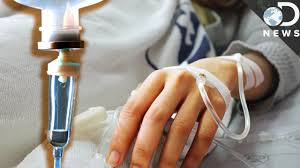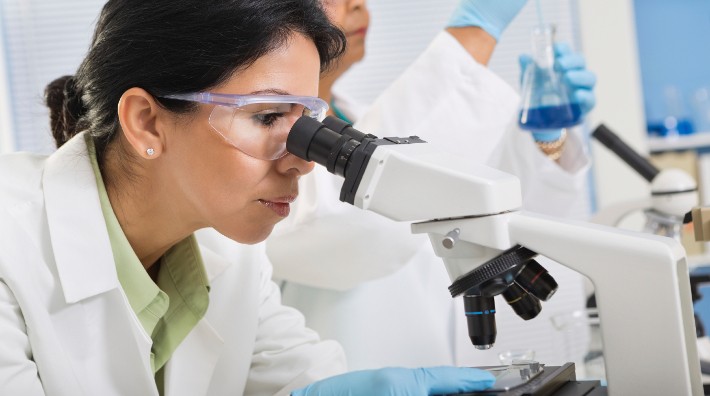This time I will talk about how fucoidan alleviates the side effects of chemotherapy.
First of all, I would like to explain about anti-cancer agents that are classified into “cytotoxic anti-cancer agent” and “molecular-targeted therapeutic agent” depending on the method and origin of action. “Cytotoxic agents” are further classified into antimetabolites, alkylating agents and anti-cancer antibiotics, and microtubule inhibitors. Alkylating agents and anti-cancer antibiotics are effective even if their action time is short when they reach a certain concentration. However, attacks on normal cells are also inevitable.
Most anticancer agent is drugs that act on cancer cells that are dividing speed and proliferation. So, blood cells with rapid division speed, oral cavity mucous membrane, gastrointestinal mucous membrane, hair root cells are susceptible to the action of anti-cancer agents and are easily infected by leukopenia, symptoms such as anemia, bleeding, nausea, canker sores, diarrhea, changes in taste, hair loss, skin disorders, and changes in nails appear as side effects. In addition, cells of the heart, kidney, and bladder, lung and nerve tissue may be affected, and reproductive function may be affected. Among these side effects, the most frequently occurring side effects are (1) nausea, (2) hair loss, and (3) leukocytopenia, but the likelihood of side effects also depends on the type of anticancer drug.
Also, recently, a target with high specificity on cancer has been sought, and drugs (molecular targeted therapeutic agents) that efficiently act on the target have been actively developed, and are already being used in the medical field.
As molecularly targeted drugs are compared with conventional general anticancer drugs, people thought that the target therapy was the “dream drug” with a few side effects. However now it known that side effects are occurred different from general anticancer drug.
For example, as for the side effects EGFR inhibitor, particularly likely occur skin disorder, diarrhea, digestive tract bleeding, drug-induced pneumonia (interstitial pneumonia, pneumonitis).
Based on these evidences of cancer treatment side effects, how fucoidan would help reducing side effects on these cancer treatments? I will discuss next about fucoidan helping the reduction of chemo-drugs side effects. In research of Hwien Yeh Hsu et al., “Clinical application of fucoidan in translation medicine for adjuvant cancer therapy”,
In research of Hwien Yeh Hsu et al., “Clinical application of fucoidan in translation medicine for adjuvant cancer therapy”, in experiments with mice using chemotherapy and fucoidan, fucoidan reduced chemotherapy side effects by increasing muscle protein production, reducing muscle atrophy, protecting metabolism and increasing functions of gastrointestinal tract. Also another animal experiments have found that fucoidan significantly improve chemotherapy induced weight loss and promote muscle tissue growth and a near- return to the state prior to chemotherapy.

